- Siaha border gate reopens for India–Arakan trade while Lawngtlai remains closed
- Arakan Army’s handover of 73 Bangladeshi fishermen signals potential boost in border cooperation
- Myanmar military officers accused of profiting from dismantled homes in Sittwe villages
- DMG Editorial: A Parliament Without the People Cannot Govern Arakan
- Displaced Arakanese struggle to rebuild homes leveled by junta airstrikes
Myanmar’s peace process founders amid post-coup violence and ‘general crisis,’ says PPST
The Peace Process Steering Committee (PPST) said on February 12 that since the military coup in Myanmar on February 1, 2021, the peace process and political talks have ground to a halt.
12 Feb 2023
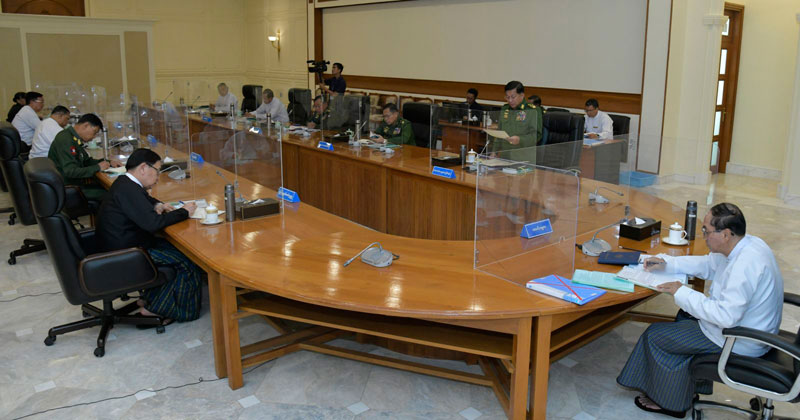
DMG Newsroom
12 February 2023, Sittwe
The Peace Process Steering Committee (PPST) said on February 12 that since the military coup in Myanmar on February 1, 2021, the peace process and political talks have ground to a halt.
“As a consequence of the coup, international sanctions have caused a general crisis, leading to a new pattern of wider civil war, and the country is descending into a protracted political crisis,” the PPST said in a message marking the 76th anniversary of Union Day.
The PPST said it would nonetheless continue to hold to the three cornerstones of the Nationwide Ceasefire Agreement (NCA) — the political resolution of political problems, holding meaningful political discussions involving all stakeholders, and protecting civilians — and would work to resolve the country’s current crisis.
In his Union Day message, meanwhile, junta boss Senior General Min Aung Hlaing once again called 2022 “the Year of Peace,” but admitted that internal peace efforts have failed.
Myanmar’s self-appointed prime minister, Min Aung Hlaing said the country is still far away from stability and peace due to a host of internal problems and external interference.
After declaring 2022 the “Year of Peace,” the regime held peace talks with NCA signatories including the Restoration Council of Shan State, New Mon State Party and Democratic Karen Benevolent Army. It also met with NCA non-signatories such as the Arakan Liberation Party, the United Wa State Army (UWSA), National Democratic Alliance Army (NDAA) and Shan State Progressive Party (SSPP).
Myanmar has had a series of military coups since independence, but in this coup there are more armed forces and the public is suffering more, said U Ye Tun, a political analyst.
“In the past, when there was a public uprising, the military took power to control the situation in the country. After the military coup, peaceful protesters in the urban areas were also crushed. There were very few democratic forces that turned to armed struggle at that time,” he said.
By contrast, “When the anti-coup protests in the urban areas were cracked down upon [in 2021], the democratic forces shifted to armed struggle. The damage to the people and the destruction of property is also increasing,” he explained.
Ten ethnic armed groups have signed the NCA, among which the Karen National Union (KNU), Chin National Front (CNF) and the All Burma Students’ Democratic Front (ABSDF) have officially expressed their opposition to the coup and are currently fighting against the military junta.




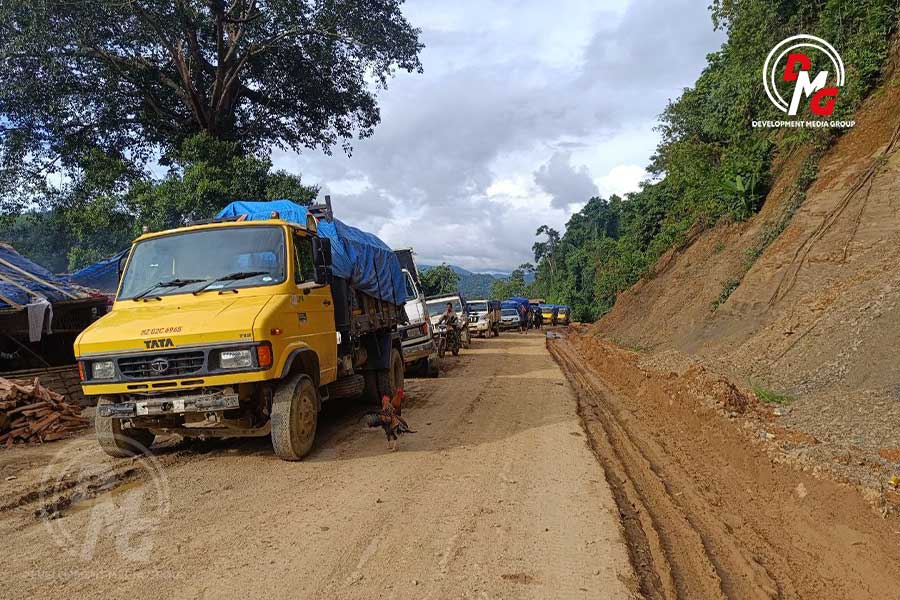
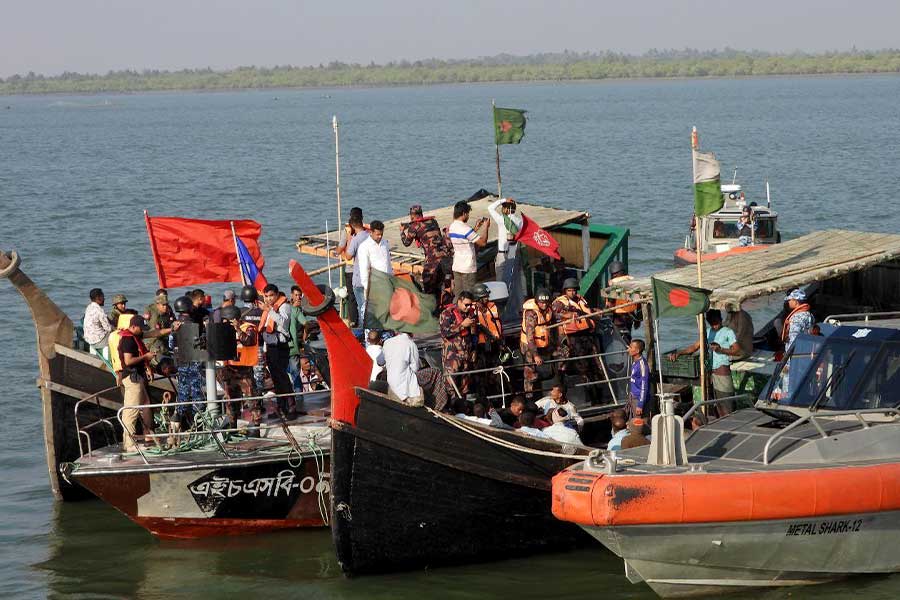
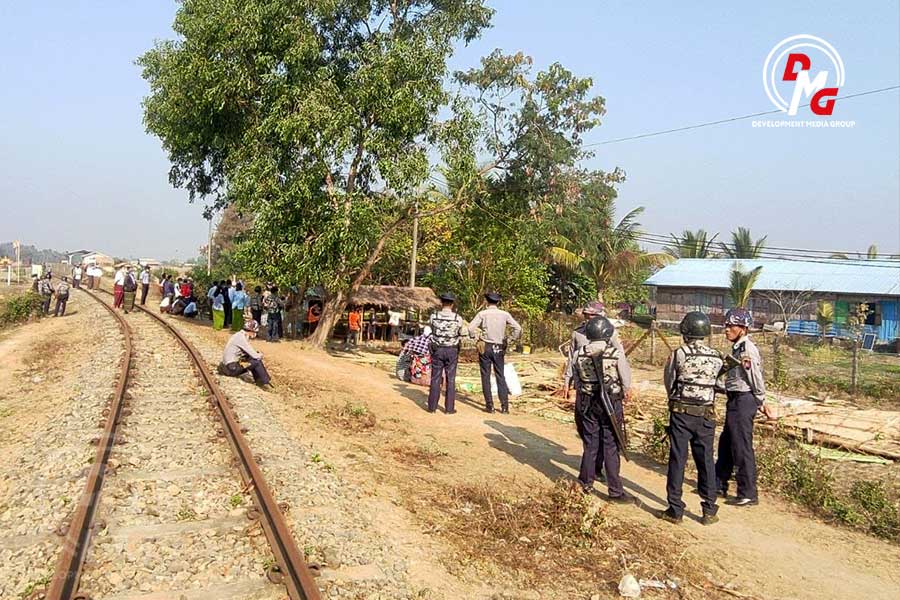
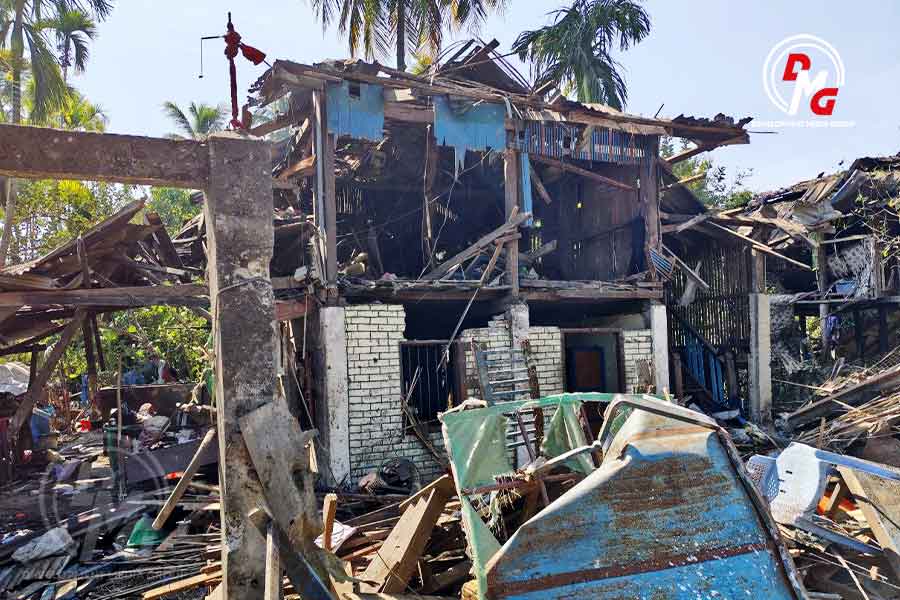
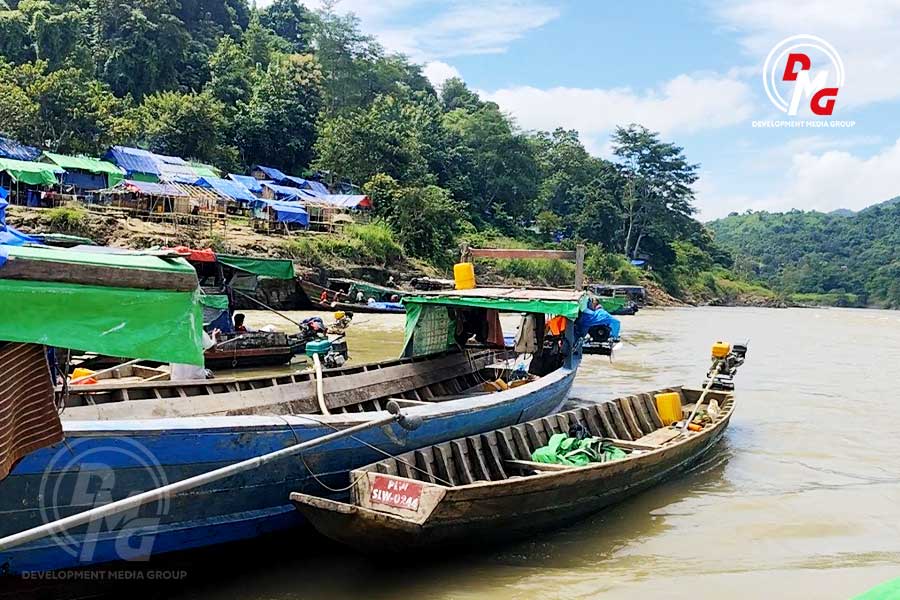







.jpg)
